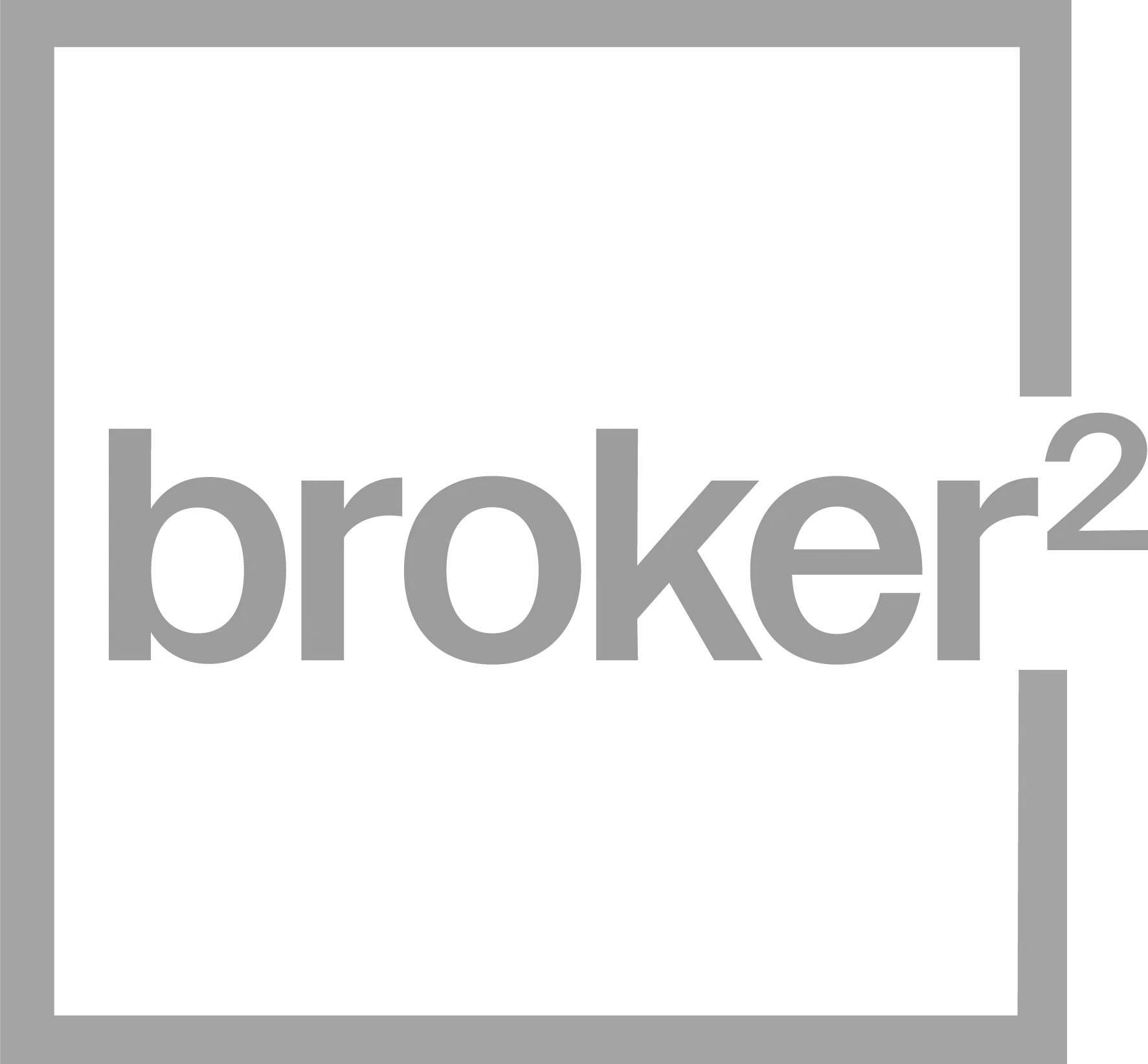How to Not Qualify for a Mortgage
Tara Gentles • March 19, 2020

If you have no desire at all to qualify for a mortgage, here are some great ways to make sure you don't accidentally end up buying a house and taking out a mortgage to do so.
One of the best ways to ensure you won't qualify for a mortgage is to be unemployed.
Yep, banks hate lending money to unemployed people! Okay, so you have a job. Well, that's okay, you can always unexpectedly quit your job just as you are trying to arrange financing! Even if you are making a lateral move, or taking a better job than the one you have now, that's cool... any change in employment status while you are looking to get a mortgage will most likely wreck your chances of getting a mortgage for a while. This is because lenders want to see stability; they want to know that you have been in your current position for some time, that you are past probation, and that everything is working out well. By changing jobs right when you are looking to buy a property, you won't instill the lender with confidence, and they probably won't give you a mortgage. Mission accomplished.
Don't wanna buy a house? Well, then it's best you don't save any money. Better yet, you should probably borrow as much money on credit as you can.
One of the main qualification points on a mortgage is called your debt-service ratio. Simply put, the more money you owe in consumer debt, the less money you will qualify to borrow on a mortgage, because your ratio of income compared to your debt is higher when you owe more money. Consider this permission to go and finance a Harley-Davidson. Do it, right now. Not a big fan of motorcycles? That's cool; a Ford 150 should do the trick nicely. The key here is to make sure you add as much monthly payment as you can. The bigger the payment, the better.
But let's say that unfortunately your debt-service ratios are in line, you have been able to save up the necessary 5% down payment, and you are on your way to buying a house. What do you do? Ugly documentation! A great way to make sure your lender feels uncomfortable is to have really terrible bank statements.
Typically when proving your down payment, the lender will require 90 days’ history of your account(s), with your name on the statement, showing that you have accumulated the down payment over time. Want to really mess things up? Make sure there are lots of deposits over $1000 that can't be substantiated. This will look like money laundering. If that doesn't work, you can always black out your "personal information." Just use a black Sharpie and make your bank statements look like a classified FBI document. Lenders hate that!
So you've got a great job and lots of money… don't panic, you can still absolutely wreck your chances of qualifying for a mortgage. Just don't pay any of your bills on time.
Seriously, borrow lots of money, and then stop paying! Boom. Why would any lender want to lend you money when you have a great track record of not paying back any of the money you borrow? Now, if this feels morally wrong, okay, here is an ethical way to wreck your credit. Don't pay that cell phone bill out of principle. We've all been there — roaming charges, extra data charges that the cell company added on your bill… choose not to pay this on principle. This is a great way to sink your chances of getting a mortgage, I mean, how are you supposed to know that some collections (like cell phones) will show up on your credit report?
Last, if you want to make sure you never get financing, insist on buying the worst house in a bad neighbourhood.
You see, the property you are looking to buy is very important to the lender. If they lend you the money to buy it and you stop making the payments, they will be forced to repossess and sell it. They are going to make sure they can recoup their initial investment. So, a "handyman special, fixer upper, with lots of potential" is a great option. As everyone knows, those words are code for "a giant dump." Bonus points if you get those terms written in the MLS listing. Yep, insist on buying something that is falling apart and stick to it; don't ever consider buying a solid home in a good neighbourhood.
a shot of a run-down house on a hill
So there you have it, if you don't want a mortgage, no problem. Quit your job, borrow lots of money, wreck your credit, and insist on buying a dump.
However, on the off chance you feel homeownership is right for you, contact me anytime, I can help you put a plan in place to avoid these (and many more) mortgage qualification pitfalls.
Tara Gentles
CANADIAN MORTGAGE EXPERT

RECENT POSTS

Mortgage Registration 101: What You Need to Know About Standard vs. Collateral Charges When you’re setting up a mortgage, it’s easy to focus on the rate and monthly payment—but what about how your mortgage is registered? Most borrowers don’t realize this, but there are two common ways your lender can register your mortgage: as a standard charge or a collateral charge . And that choice can affect your flexibility, future borrowing power, and even your ability to switch lenders. Let’s break down what each option means—without the legal jargon. What Is a Standard Charge Mortgage? Think of this as the “traditional” mortgage. With a standard charge, your lender registers exactly what you’ve borrowed on the property title. Nothing more. Nothing hidden. Just the principal amount of your mortgage. Here’s why that matters: When your mortgage term is up, you can usually switch to another lender easily —often without legal fees, as long as your terms stay the same. If you want to borrow more money down the line (for example, for renovations or debt consolidation), you’ll need to requalify and break your current mortgage , which can come with penalties and legal costs. It’s straightforward, transparent, and offers more freedom to shop around at renewal time. What Is a Collateral Charge Mortgage? This is a more flexible—but also more complex—type of mortgage registration. Instead of registering just the amount you borrow, a collateral charge mortgage registers for a higher amount , often up to 100%–125% of your home’s value . Why? To allow you to borrow additional funds in the future without redoing your mortgage. Here’s the upside: If your home’s value goes up or you need access to funds, a collateral charge mortgage may let you re-borrow more easily (if you qualify). It can bundle other credit products—like a line of credit or personal loan—into one master agreement. But there are trade-offs: You can’t switch lenders at renewal without hiring a lawyer and paying legal fees to discharge the mortgage. It may limit your ability to get a second mortgage with another lender because the original lender is registered for a higher amount than you actually owe. Which One Should You Choose? The answer depends on what matters more to you: flexibility in future borrowing , or freedom to shop around for better rates at renewal. Why Talk to a Mortgage Broker? This kind of decision shouldn’t be made by default—or by what a single lender offers. An independent mortgage professional can help you: Understand how your mortgage is registered (most people never ask!) Compare lenders that offer both options Make sure your mortgage aligns with your future goals—not just today’s needs We look at your full financial picture and explain the fine print so you can move forward with confidence—not surprises. Have questions? Let’s talk. Whether you’re renewing, refinancing, or buying for the first time, I’m here to help you make smart, informed choices about your mortgage. No pressure—just answers.

Ready to Buy Your First Home? Here’s How to Know for Sure Buying your first home is exciting—but it’s also a major financial decision. So how can you tell if you’re truly ready to take that leap into homeownership? Whether you’re confident or still unsure, these four signs are solid indicators that you’re on the right path: 1. You’ve Got Your Down Payment and Closing Costs in Place To purchase a home in Canada, you’ll need at least 5% of the purchase price as a down payment. In addition, plan for around 1.5% to 2% of the home’s value to cover closing costs like legal fees, insurance, and adjustments. If you’ve managed to save this on your own, that’s a great sign of financial discipline. If you're receiving help from a family member through a gifted down payment , that works too—as long as the paperwork is in order. Either way, having these funds ready shows you’re prepared for the upfront costs of homeownership. 2. Your Credit Profile Tells a Good Story Lenders want to know how you manage debt. Before they approve you for a mortgage, they’ll review your credit history. What they typically like to see: At least two active credit accounts (trade lines) , like a credit card or loan Each with a minimum limit of $2,000 Open and active for at least 2 years Even if your credit isn’t perfect, don’t panic. There may still be options, such as using a co-signer or working on a credit improvement plan with a mortgage expert. 3. Your Income Can Support Homeownership—Comfortably A steady income is essential, but not all income is treated equally. If you’re full-time and past probation , you’re in a strong position. If you’re self-employed, on contract, or rely on variable income like tips or commissions, you’ll generally need a two-year history to qualify. A general rule: housing costs (mortgage, taxes, utilities) should stay under 35% of your gross monthly income . That leaves plenty of room for other living expenses, savings, and—yes—some fun too. 4. You’ve Talked to a Mortgage Professional Let’s be real—there’s a lot of info out there about buying a home. Google searches and TikToks can only take you so far. If you're serious about buying, speaking with a mortgage professional is the most effective next step. Why? Because you'll: Get pre-approved (and know what price range you're working with) Understand your loan options and the qualification process Build a game plan that suits your timeline and financial goals The Bottom Line: Being “ready” to buy a home isn’t just about how much you want it—it’s about being financially prepared, credit-ready, and backed by expert advice. If you’re thinking about homeownership, let’s chat. I’d love to help you understand your options, crunch the numbers, and build a plan that gets you confidently across the finish line—keys in hand.




